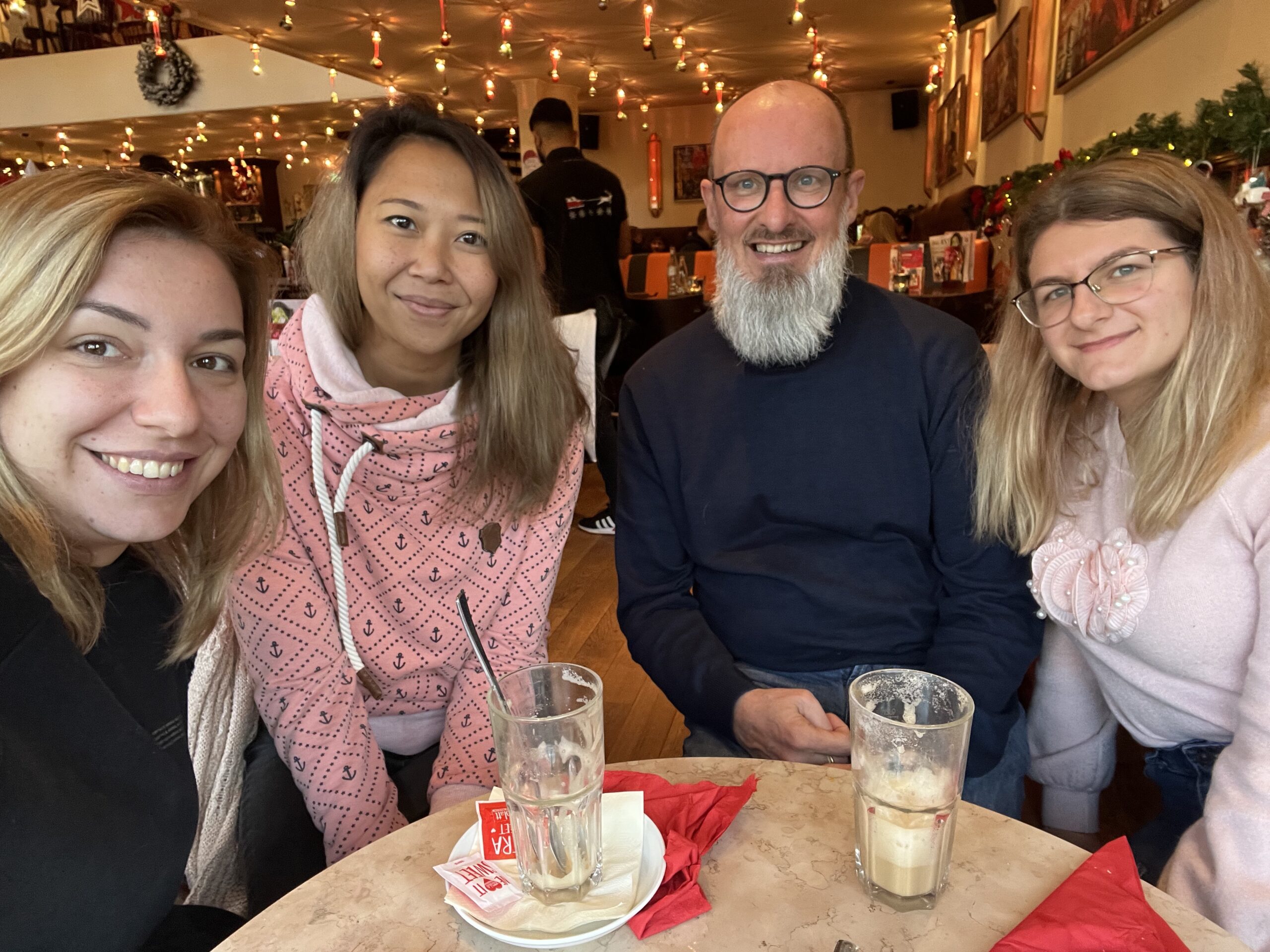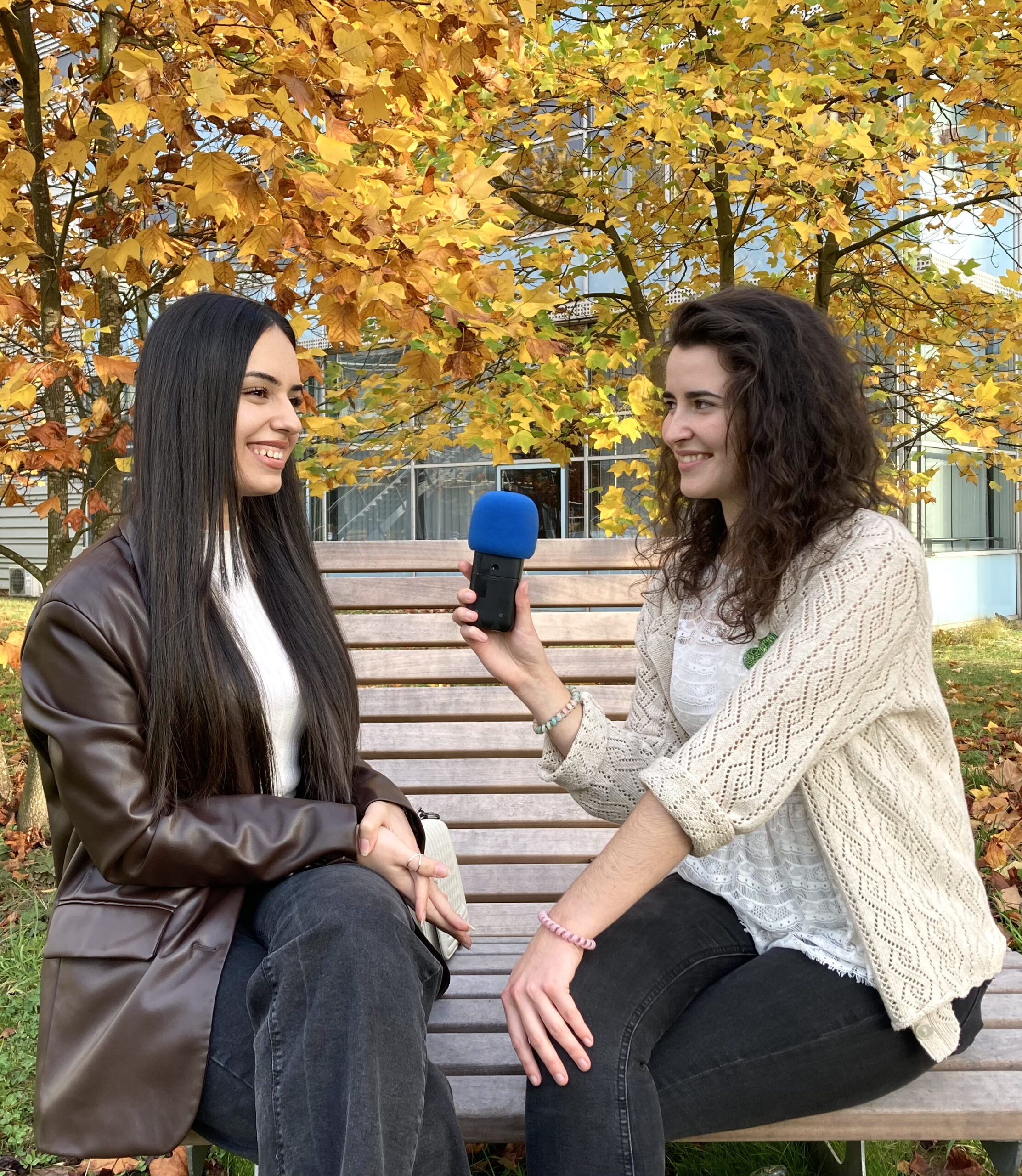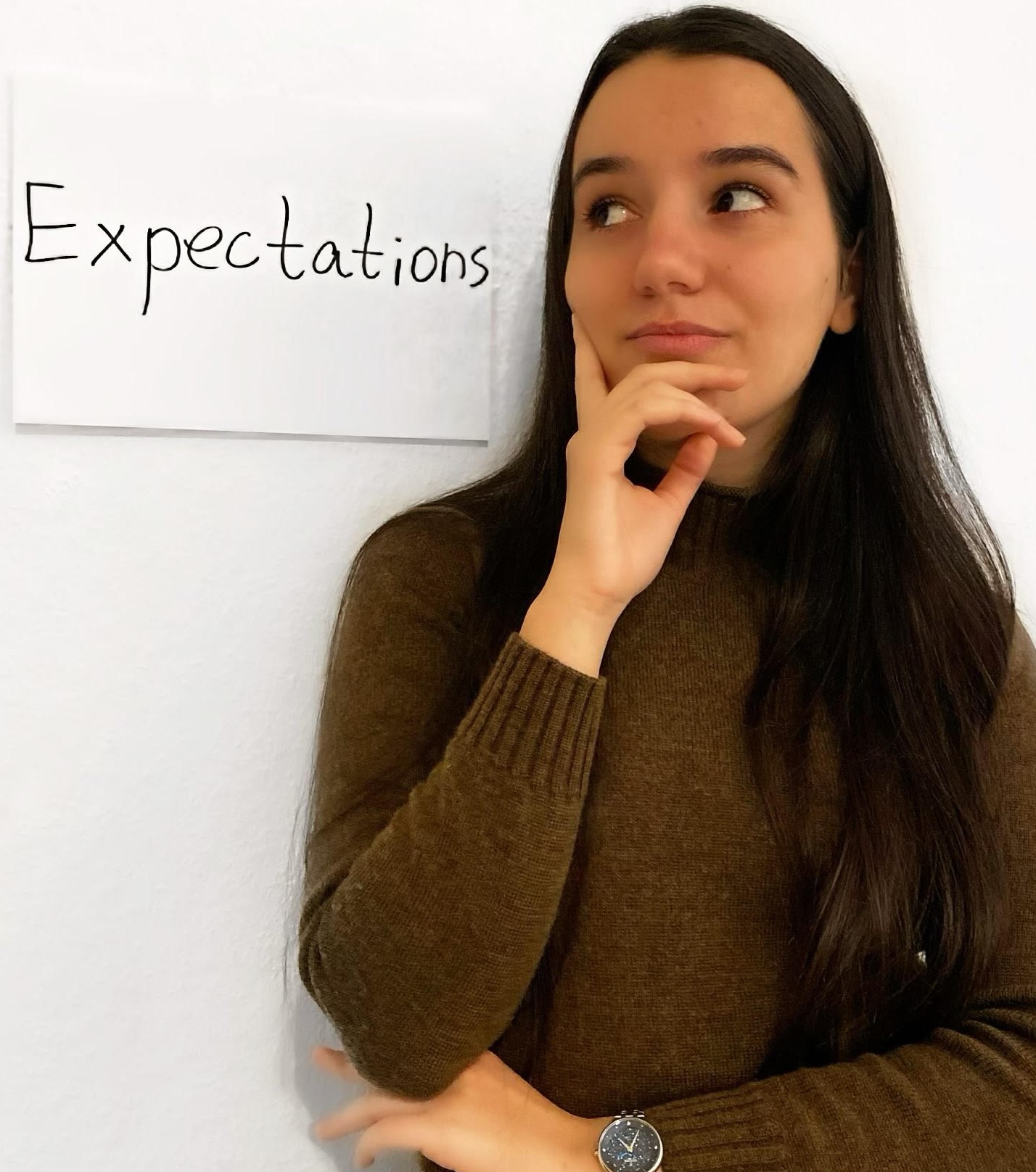
Hello and welcome to show 275 of our podcast “Absolutely Intercultural”. Today we are going to talk about “Adulthood”. Is adulthood about our age and the national law in the country we live in, or is it about our maturity – our social or financial status? Is it just a number on your passport or our level of responsibilities? Does it have anything to do with the fact that we perhaps still live with our parents? I am sure that each and every one of you has your own unique answer- as do our guests today.
absolutely unfair
In our first category, “absolutely unfair”, Leo from Germany is sharing how disrespectfully he was sometimes treated by other people because he was just a kid. Leo could not wait to become a legal adult, in Germany this is at the age of 18 years old, and finally, be taken seriously by people around him.
absolutely misjudged
In our second category, “absolutely judged”, we hear from Huriye, a caring mother from Turkey who was judged by a dentist in Norway for accompanying her 16-year-old daughter to the dentist’s appointment. Poor Huriye looked like a helicopter mother in the doctor’s eyes because she treated her daughter like a child.
absolutely independent
In our last category, “absolutely independent”, Eleonora from Bulgaria tells us how proud she is of making independent adult decisions on her own, for example studying in a foreign country. Her parents had taught her how to be independent since she was a child and they allowed Eleonora to find her own way in life, like a true adult.
What about you? What does it mean to be an adult in your culture? At what age do you become an adult in your culture? Feel free to share your story with us.
Write a comment or mail us, we could do a follow-up interview with you in one of our next shows. On our web page, absolutely-intercultural.com, you can get more information about this show and previous episodes, and you can leave comments. And if you enjoyed the show, please like us on Facebook too.
By the way, did you know we are also on iTunes or Apple Podcasts? You can subscribe to us there for free and give us a rating and a comment.
Our next show will be coming to you on 1st July.
Until then – no matter how old you are, allow yourself to make grown-up decisions and –
Bleiben Sie absolut interkulturell!
The host of this show is: Dr. Laurent Borgmann
Chief Editor: Natalia Obikhod
Assistant Editors: Carlos Fuch, Lars Felder, Shelbi Ankiewicz

 Hello and welcome to show 274 of our podcast “Absolutely Intercultural”. Our topic for today is “Culture change”. Cultures and people who live in them are interconnected and influence each other. For some people, it is easy to adapt to a new environment and accept the challenges of culture change. They see new experiences as an opportunity to learn and grow personally. Some people, however, are rather careful about exposing themselves to new cultures and as a result are less likely to be influenced or changed.
Hello and welcome to show 274 of our podcast “Absolutely Intercultural”. Our topic for today is “Culture change”. Cultures and people who live in them are interconnected and influence each other. For some people, it is easy to adapt to a new environment and accept the challenges of culture change. They see new experiences as an opportunity to learn and grow personally. Some people, however, are rather careful about exposing themselves to new cultures and as a result are less likely to be influenced or changed.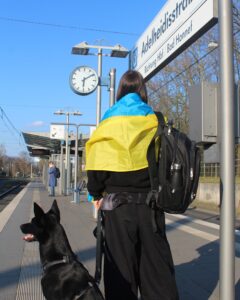 Hello and welcome to show 273 of our podcast “Absolutely Intercultural”. Our topic today is “What is home?”, a question that has many interpretations and potential answers. Is it the place in which we were born or the place where we live now? And is it actually a place at all? For some people, home is connected to their family roots. At the same time, others find it hard to identify themselves with their country or region of origin – they have moved on and made their home in other corners of the world. Some people had to leave their home, some may never even have had a real place to call home.
Hello and welcome to show 273 of our podcast “Absolutely Intercultural”. Our topic today is “What is home?”, a question that has many interpretations and potential answers. Is it the place in which we were born or the place where we live now? And is it actually a place at all? For some people, home is connected to their family roots. At the same time, others find it hard to identify themselves with their country or region of origin – they have moved on and made their home in other corners of the world. Some people had to leave their home, some may never even have had a real place to call home.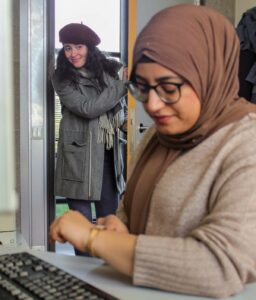 Hello dear listeners, and welcome to our podcast “Absolutely Intercultural”. This is show 272, and our topic today is “The Apology Culture”. Are you the kind of person who easily and quickly apologizes? Or do you have a sleepless night when you know that you should apologize to your boss the next morning? Making mistakes may be painful, but it is the fastest way towards getting it right. Some people can admit their mistakes quite easily, they apologize and move forward. On the other hand, there are people who are stuck in their guilt for what they have done; people, who find it very hard to say sorry to others, and sometimes, even to forgive themselves. Is there any universal formula for how to apologize properly? Are there any paths for moving from guilt to self-improvement more quickly?
Hello dear listeners, and welcome to our podcast “Absolutely Intercultural”. This is show 272, and our topic today is “The Apology Culture”. Are you the kind of person who easily and quickly apologizes? Or do you have a sleepless night when you know that you should apologize to your boss the next morning? Making mistakes may be painful, but it is the fastest way towards getting it right. Some people can admit their mistakes quite easily, they apologize and move forward. On the other hand, there are people who are stuck in their guilt for what they have done; people, who find it very hard to say sorry to others, and sometimes, even to forgive themselves. Is there any universal formula for how to apologize properly? Are there any paths for moving from guilt to self-improvement more quickly?  Hello and welcome to show 271 of our podcast “Absolutely Intercultural”. Our topic today is “Uncertainty”. We are all faced with uncertainties every day, but the way that we deal with them and the way we feel about them makes us unique. Some of us feel terribly helpless in situations of uncertainty. On the other hand, there are people, for example those who enjoy playing poker, who think that certainty is boring and are always looking for the adrenaline which uncertainty provides them with during their adventures. Are there any tricks, for those who don’t like uncertainty to be able to take decisions and feel safe with their choices? Or for those who seek uncertainty as a thrill in life and enjoy weighing up different probabilities?
Hello and welcome to show 271 of our podcast “Absolutely Intercultural”. Our topic today is “Uncertainty”. We are all faced with uncertainties every day, but the way that we deal with them and the way we feel about them makes us unique. Some of us feel terribly helpless in situations of uncertainty. On the other hand, there are people, for example those who enjoy playing poker, who think that certainty is boring and are always looking for the adrenaline which uncertainty provides them with during their adventures. Are there any tricks, for those who don’t like uncertainty to be able to take decisions and feel safe with their choices? Or for those who seek uncertainty as a thrill in life and enjoy weighing up different probabilities?